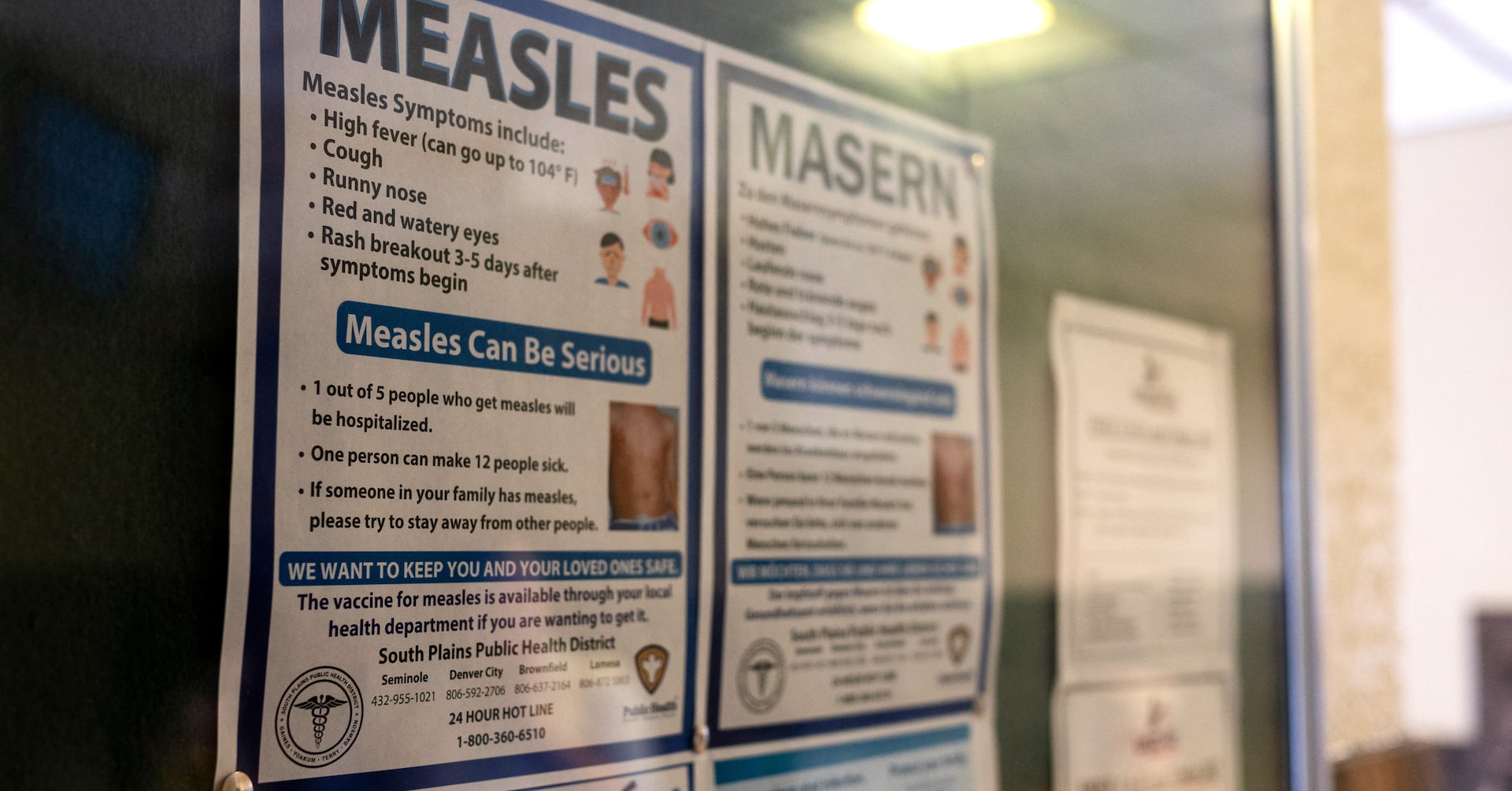Lone Star Outbreak: Texas Battles Surge in Measles Infections, Cases Climb to Alarming 505

Texas is experiencing a significant surge in measles cases, with the state health department reporting 505 confirmed infections as of Tuesday. This marks a sharp increase of 24 cases since the previous count on April 4th, highlighting the growing concern of a nationwide measles outbreak.
The current health crisis has now spread across 22 states, raising alarm among public health officials and medical professionals. Measles, a highly contagious childhood disease, continues to pose a serious threat to communities, particularly those with lower vaccination rates.
Health authorities are urging parents to ensure their children are up-to-date with measles vaccinations and to remain vigilant about potential exposure. The rapid spread of the disease underscores the importance of maintaining high immunization coverage to prevent further transmission and protect vulnerable populations.
